India’s top court puts on hold order outlawing Islamic schools
India’s supreme court has halted a lower court’s decision that effectively banned Islamic schools in the country’s most populous state of Uttar Pradesh (UP), a move which offers a reprieve to thousands of students and teachers within the system.
On March 22, the Allahabad High Court in UP declared the Madrasa Act of 2004 to be “unconstitutional” on the ground that it violates “the principle of secularism”, while ordering the state government to move students enrolled in the Islamic system into mainstream schools.
The decision to temporarily suspend the order has been a favorable outcome for the Islamic school board of UP, following its appeal in the highest court of the land.
“We are of the view that the issues raised in the petitions merit closer reflection. We are inclined to issue notice,” the supreme court observed while issuing notice on five special leave petitions filed against the high court’s judgment, law news portal Live Law reported.
“In striking down the Act, the High Court prima facie misconstrued the provisions of the Act. The Act does not provide for any religious instruction. The object and purpose of the Statute is regulatory in character,” the bench observed in the order.
The case will be reviewed in July, and “everything will remain stayed” until then, lawyers said.
The ban on Islamic schools, known as madrasas, was seen as an attack on the largest minority in the country, along with in the state where one-fifth of the 240 million population is Muslim.
According to Indian political experts, the high court ruling could have led to calls for the prohibition of Islamic schools in other states as well.
The operative directions of the high court would impact the future course of education of nearly 1.7 million students, the Supreme Court observed while staying the high court judgment.
The directive is given a few days before the country begins the voting process for a national election, in which Prime Minister Narendra Modi and his Hindu nationalist Bharatiya Janata Party (BJP) are seeking a third consecutive term.
The head of the board of madrasa education in UP state, Iftikhar Ahmed Javed, welcomed the court’s order, calling it a “big win”.
“We were really worried regarding the future of about 1.6 million students and now this order has come as a big relief for all of us,” he said.
In January, the UP government terminated the remunerations of around 21,000 teachers of modern subjects including mathematics and science in madrasas, which led to them losing their jobs.
Throughout the decade of Modi’s leadership, individuals belonging to his BJP party and its associated groups have faced numerous allegations of engaging in anti-Islamic rhetoric and acts of vigilantism.
Hezbollah attacks Israeli forces after Lebanese homes blown up
World leaders, states hail ICC arrest warrants for Netanyahu, Gallant
MP: US accountable for possible Israeli 'foolishness' to attack Iraq
VIDEO | Israeli policies strangle Palestinian agriculture, economy
Iran's president offers condolences to Pakistan over terrorist attack
Canada’s Yukon town council at standstill over refusing oath to King Charles
Yemen's Houthi calls for jihad to protect Palestine against Israel
VIDEO | Internal rifts within Israel


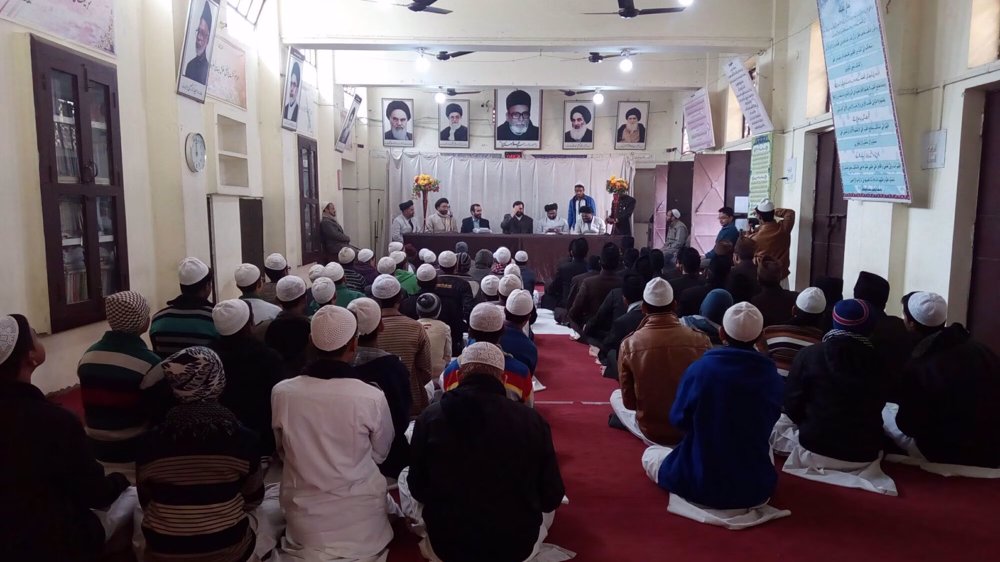
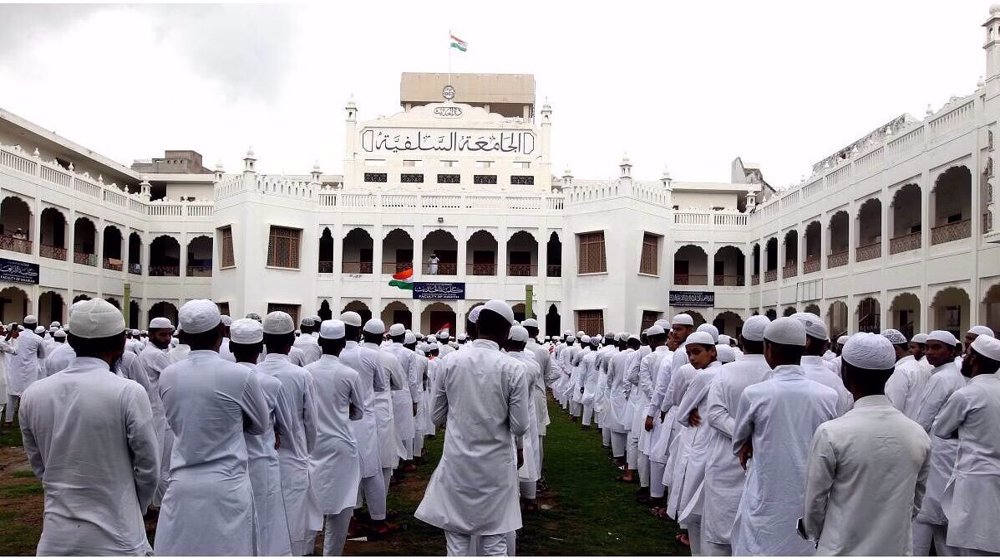
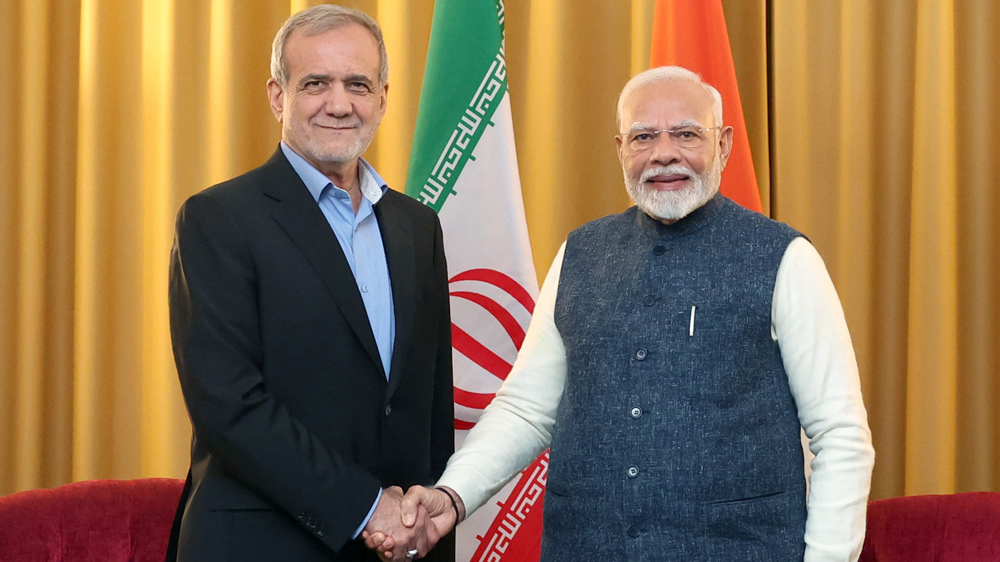

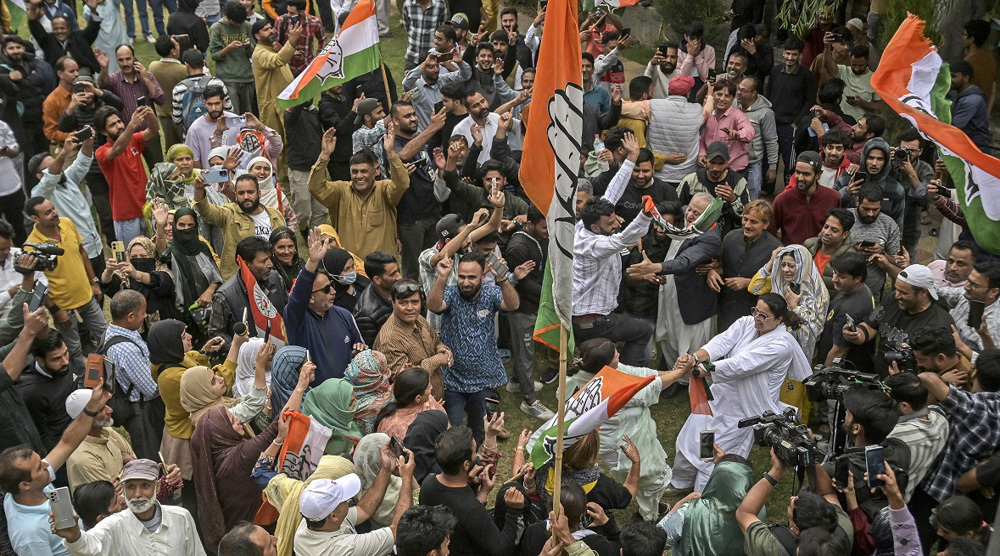



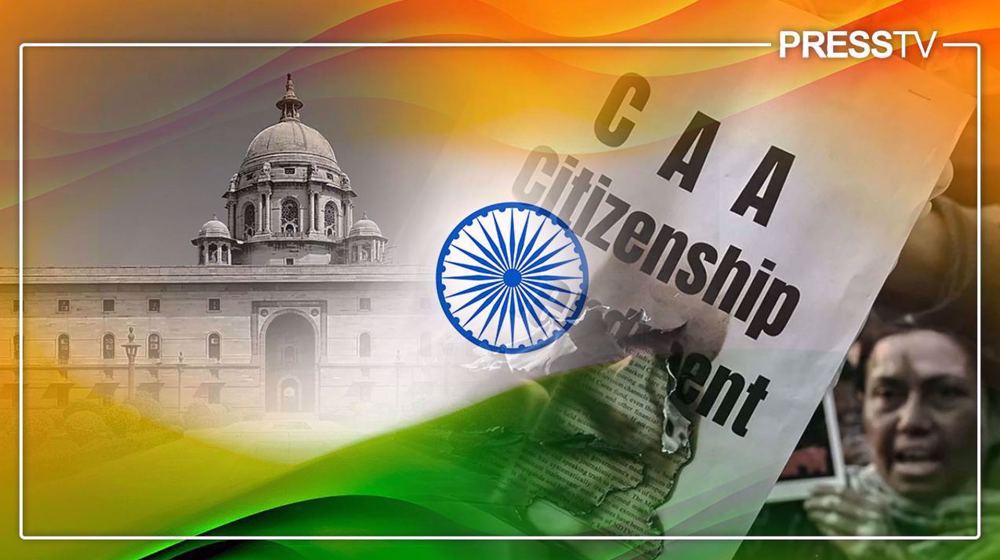
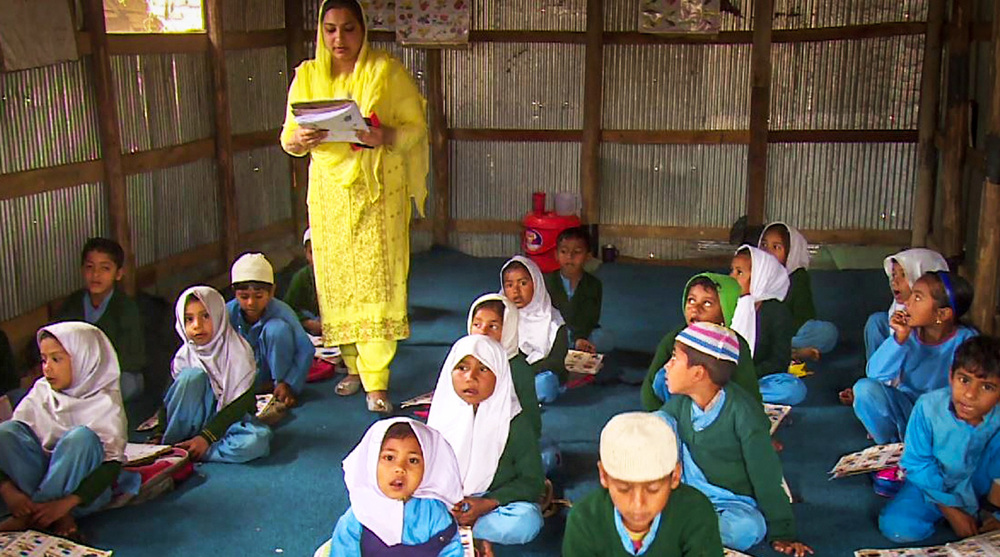
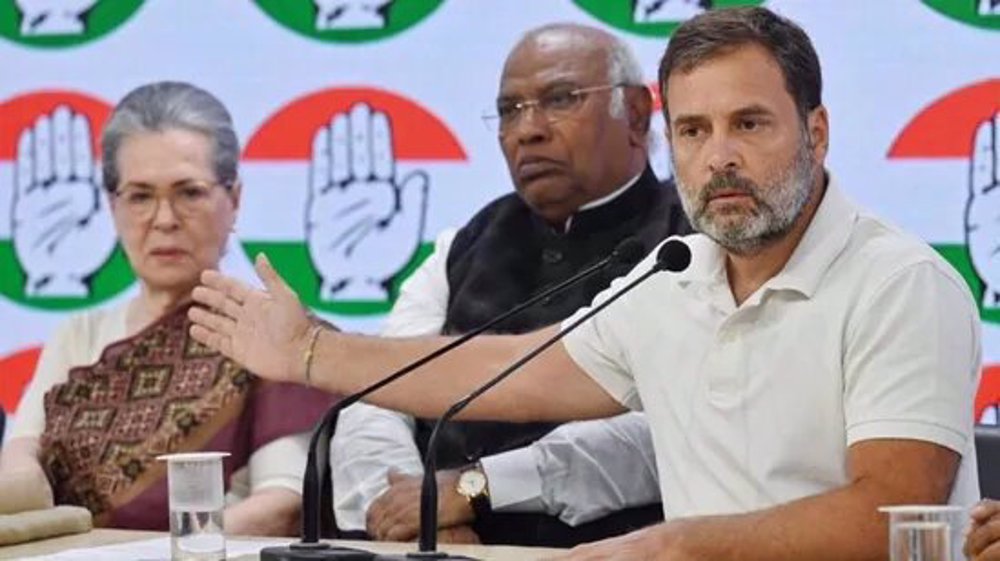




 This makes it easy to access the Press TV website
This makes it easy to access the Press TV website